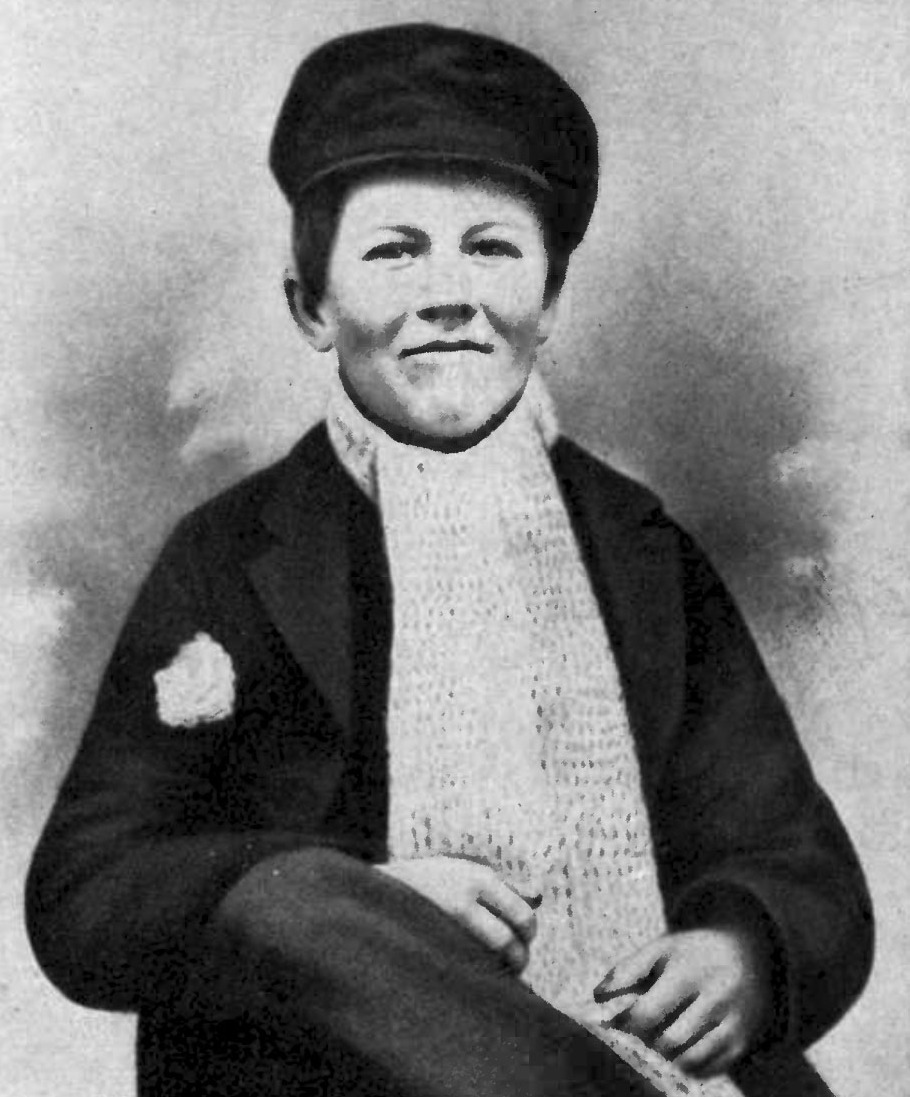In a great tragedy, brave teenager Thomas Alva Edison died as he was struck by a runaway boxcar in Mount Clemens, MI. He dove to push three-year-old Jimmie MacKenzie out of the way, sacrificing his own life for another. The tearfully grateful father of MacKenzie praised the fallen boy and wished there could have been something he could do to repay him, but the teenager's reward would only be seen in Heaven.
“Al”, as the youngster was nicknamed, had not shown much promise. His teachers found him distracted, even “addled.” After being homeschooled by his mother, he had troubles with ill health, ear infections, and scarlet fever. Al worked on the railroads as a salesboy with candy, newspapers, and vegetables, where he also ran into trouble when a homemade chemistry set caught fire. Punished by the conductor with a box on the ears, that may have been one of many causes for his hearing loss. He was a curious, hardworking lad, and what more could he have given in his lifetime than his life itself for another?
Even with the loss of heroes, as was seen in so many losses with the ongoing Civil War, life continues and society progresses. For example, African American Lewis Latimer improved the carbon filament for light bulbs with the US Electric Company, allowing for the impressive electric light that conquered the night. In England, motion pictures and phonographs allowed for reproduction of video and sound, though recording techniques were troublesome in development until after the turn of the century. Paris, however, would stand as the center of technological innovation attracting immigrants such as Nikola Tesla until the 1930s, when the center would seem to shift toward German developments.
As Europe fell in destruction in World War II, the United States finally came to shine as a land of invention. Pouring resources into technology to balance the Soviet Union (who had already been to the Moon in 1968 while Americans were still perfecting orbital launches), the microprocessor would stand as the greatest invention of the end of the millennium in 1988, perhaps giving future generations access to privatized “personal” computers one day.
–
In reality, Al saved young Jimmie MacKenzie as well as himself. Mr. MacKenzie, a station agent, was so thankful that he trained Edison in telegraphy, which gave him good income and allowed him to develop his first patents in devices such as the stock ticker, vote recorder, and quadruplex telegraph. While perhaps not as “revolutionary” as many believe (he worked mainly improving existing ideas, as most invention goes), Edison forever changed the world landscape and economy. His laboratory at Menlo Park, NJ, became a magnet for geniuses that created developments putting America forward on the world stage as a center of technology.

No comments:
Post a Comment